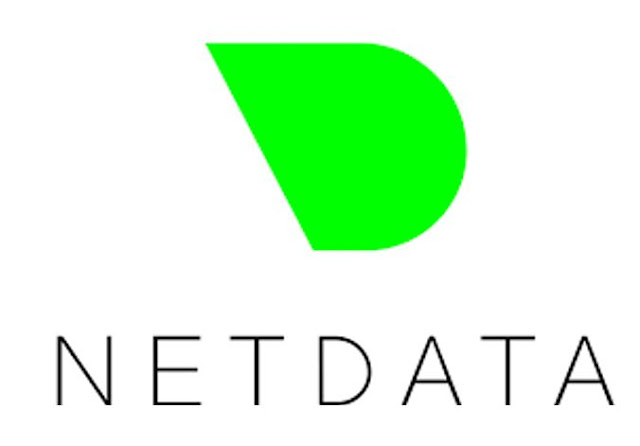Netdata
What is NetData?
Netdata
is a free, open-source, versatile, dispersed, real-time, performance, and health
monitoring tool for Linux based operating system.
Purpose of Netdata
Netdata
accompanies straightforward, simple to utilize and extensible web dashboards
that can be utilized to visualize the procedures and services on your
framework. You can monitor CPU, RAM use, disk I/O, organize traffic, and
Postfix utilizing Netdata. Netdata runs on all frameworks like, physical
machines, virtual machines, holders and IoT gadgets without disturbing their
center capacity.
Benefits of Netdata
Netdata
accompanies lot's of benefits, some of them are recorded underneath:
·
Shocking intuitive bootstrap dashboards.
·
Supports dynamic limits, alert layouts, hysteresis and various
job-based notification methods.
·
You can assembled custom dashboards effectively utilizing HTML.
·
Gathers a great many metrics for every server every second, with
just 1% CPU use of a single core.
·
It screens nearly everything, for example, CPU, Memory, Disks,
Iptables, Processes, Network interfaces, NFS servers, Apache servers, Redis
databases, Postgres databases, MySQL databases, Tomcat, Postfix, and Exim mail
servers, SNMP gadgets, Squid intermediary servers, and some more.
Architecture of Netdata
Netdata is a monitoring solution, expertly created with a bursting quick C core, flanked by several
authorities. Including a complete dashboard with a large number of metrics,
extraordinary execution, and configurability, it is a definitive single-hub
observing instrument.
It has been created to be
introduced on every Linux framework, without intruding on the present running
applications on it. You can utilize this tool to screen and get a diagram of
what's going on progressively and what simply occurred, on your Linux
frameworks and applications.
This is the thing that it
screens:
·
Aggregate and Per Core CPU use, interrupts, softirqs and
frequency.
·
Complete Memory, RAM, Swap and Kernel utilization.
·
Disk I/O (per circle: data transfer capacity, tasks, backlog,
usage, and so on).
·
Screens Network interfaces including: bandwidth, packets,
errors, drops, and so forth.
·
Screens Netfilter/iptables Linux firewall connections, events,
errors, and so forth.
·
Processes (running, blocked, forks, dynamic, and so on).
·
Framework Applications with the procedure tree (CPU, memory,
swap, disk reads/writes, threads, and so forth).
·
Apache and Nginx Status checking with mod_status.
·
MySQL database checking: queries, updates, locks, issues,
threads, and so on.
·
Postfix email server message line.
·
Squid intermediary server transmission capacity and requests
monitoring.
·
Equipment sensors (temperature, voltage, fans, power,
stickiness, and so forth).
·
SNMP gadgets.
How to install Netdata
Netdata is an observing
agent. It is intended to be introduced and run on the entirety of your
frameworks: physical and virtual servers, containers, even IoT.
The most ideal approach
to install Netdata is straightforwardly from the source. Our programmed installer
will introduce any necessary packages and compile Netdata legitimately on your
frameworks. Some third parties, for example, the packaging groups at different
Linux appropriations, circulate old, broken, or changed packages. The used
statistics are essential for us, as we use them to find bugs and prioritize new
features.
To install Netdata use the one-line installer, which will install any necessary system packages, compile
Netdata, install it and afterward start everything up.
To introduce Netdata on
any Linux systems use:
bash <(curl -Ss https://my-netdata.io/kickstart.sh)



